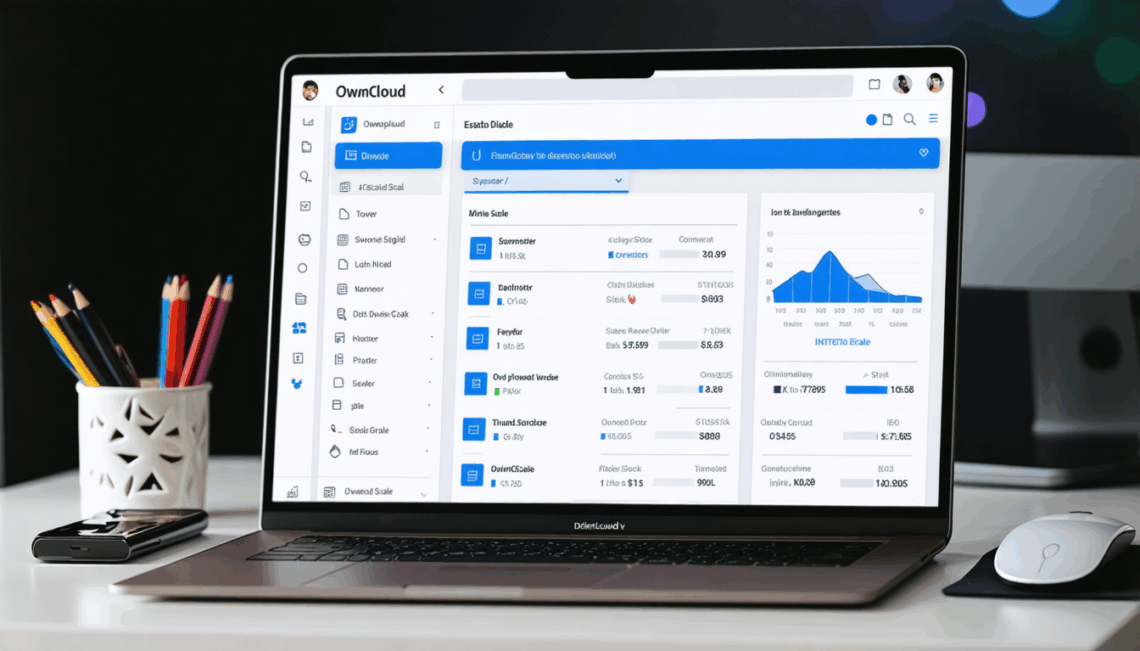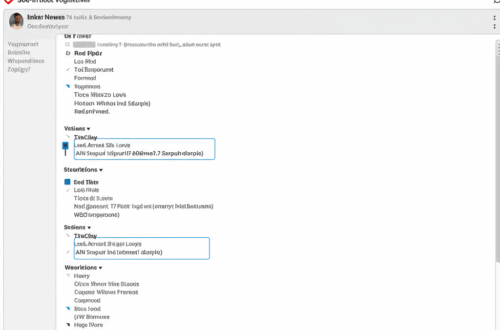Many self-hosters start their cloud journey with Nextcloud. It’s a popular choice, but it can be slow, even with optimization. Some users find the setup process complex. Is there a better option? One user recently explored OwnCloud Infinite Scale (OCIS) and shared their experience.
After struggling with Nextcloud’s performance, despite implementing recommended optimizations like Redis, Postgres, and FPM, they turned to OCIS. The difference was noticeable. OCIS felt significantly faster and easier to manage.
Performance Boost with OCIS
The user highlighted a significant performance improvement with OCIS, especially with WebDAV and mobile clients. This speed boost made a noticeable difference for their server users. However, setting up the WOIP protocol for OnlyOffice integration proved a bit challenging, a common hurdle for self-hosters. While it eventually worked, the process wasn’t entirely smooth. Also, the lack of server-side encryption, a key feature for many Nextcloud users, is a potential drawback of OCIS.
Trading Features for Speed
While OCIS offers a performance advantage, it does come with some trade-offs. Nextcloud boasts a wider range of integrations, some of which OCIS currently lacks. For example, displaying Git server information within the cloud storage interface isn’t currently possible with OCIS. Additionally, the documentation for building OCIS apps is still under development.
A Promising Alternative
Despite these limitations, the user’s experience suggests that OCIS is a viable alternative to Nextcloud, especially for those prioritizing speed and a streamlined experience. The improved performance of WebDAV and the mobile clients makes a compelling case for OCIS.
If you’re frustrated with Nextcloud’s performance, OCIS might be worth exploring. Just be aware of the current limitations regarding integrations and server-side encryption. The smoother setup process and significant speed improvements, however, may be worth the trade-offs for some users. The active development of OCIS suggests a promising future for this alternative cloud platform.






